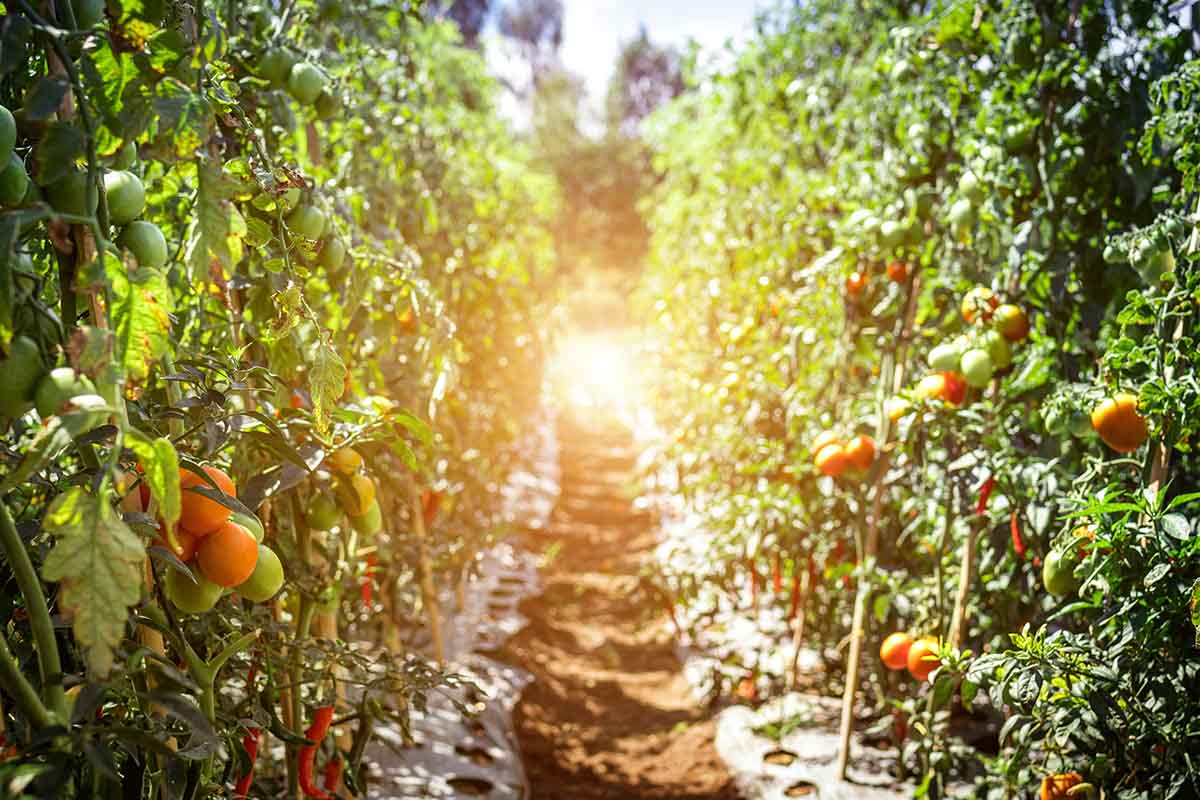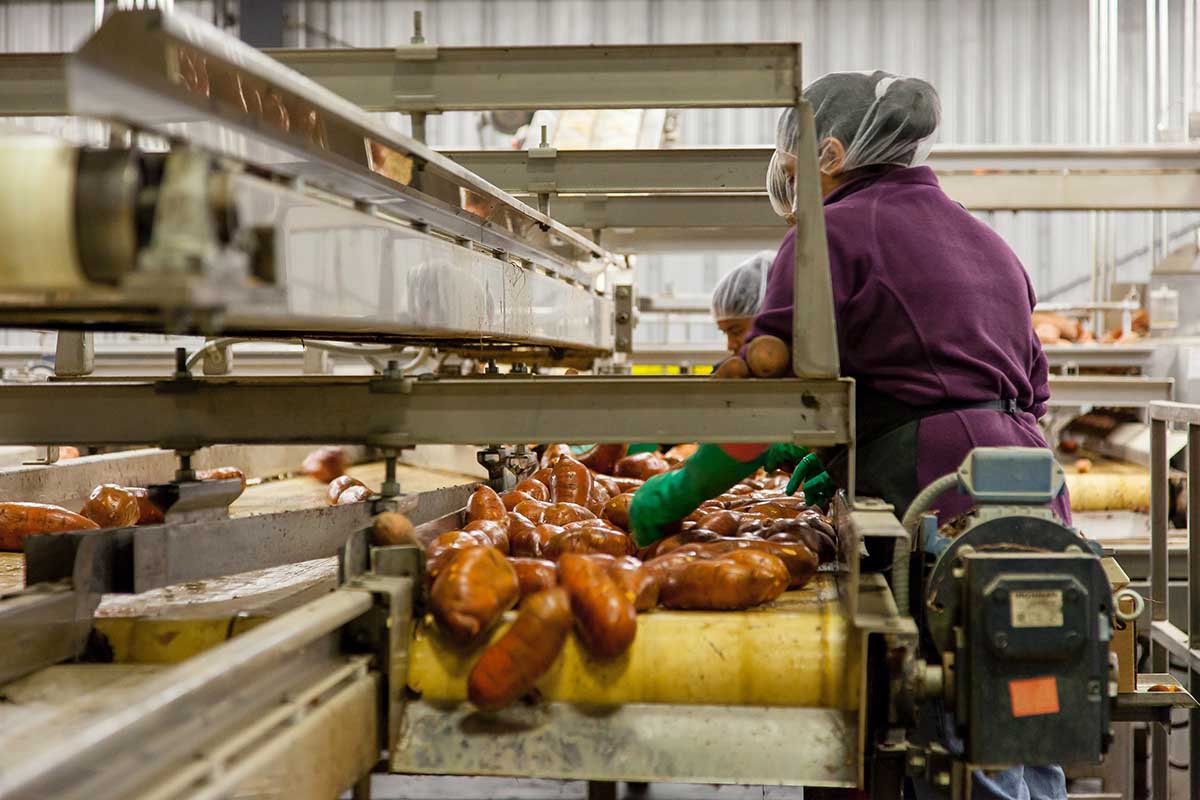5 Main Issues Affecting Agricultural Food Production
Food security is one of the most pressing problems for all humanity. Even though its provision is within the competence of any government, it is global, and it’s impossible to cope with this task without joint efforts. Moreover, it depends on the related industries’ state. Agricultural production is critical among them. However, this area also faces several serious problems that reduce its effectiveness, regardless of the region and level of development.
Climate Change
This factor is one of the most negative. Droughts, floods, hurricanes, insect infestations, abnormal changes in weather and seasons — all this leads to disastrous consequences for agricultural production around the world. Every decade, it reduces world crop yields by a few percent, disrupting food supplies and significantly decreasing the amount of land suitable for agriculture.
Not surprisingly, farmers worldwide are concerned with sustainable ways of crop protection due to unexpected climate change consequences. At the same time, governments increasingly note the direct impact of climate change on agricultural production and food security and try to mitigate this problem together.
Increasing Phosphorus Pollution
Phosphorus is an essential element for plant growth. However, mines for their production are depleted. Soon, North Africa may remain the only source. One option to solve the problem is to recycle phosphorus from groundwater and rivers.
So, it is also a possible solution to reduce water pollution with phosphorus. In particular, it is the primary source of the so-called Gulf “dead zone,” along with nitrogen. Unfortunately, the process of phosphorus utilization today is too expensive; therefore, it is necessary to reduce its cost.
Rising Energy Costs
One of the essential resources for agriculture, in addition to land and labor, is energy. Farmers use fuel for agricultural machinery, lighting and heating for greenhouses, cooling, and storage for food. And of course, power is needed to transport goods.
Raising prices is sometimes used as compensation for rising costs. Still, this method is not the most effective and, most importantly, humane, especially to socially unprotected populations. Using waste heat, LED lighting, and other innovative technologies are better to reduce energy costs and promote sustainable agricultural production.
Competition for Water
With climate change, the threat of water scarcity increases. There is an imbalance between drought in some regions and heavy rainfall in others. It negatively impacts agriculture due to a lack or excess of water in both cases. The situation will only worsen if global temperatures continue to rise at the same pace.
Moreover, areas with excessive water suffer from poor water quality due to overloading water treatment infrastructure. In this case, water can even become hazardous to human and animal health. Maintaining water supply in such critical conditions entails additional costs, negatively affecting agricultural production. Since it is currently impossible to solve the problem of climate change, direct investment is the most effective way to help the farm sector.
Urbanization and Land Scarcity
Land is also gradually becoming a scarce resource due to industrialization and urbanization. However, the latter process also has positive aspects: with the growth of the urban population, the demand for agricultural products increases.
At the same time, agricultural production uses goods and services produced by urban enterprises. It can be appliances, household items, etc. Therefore, it’s necessary to strive for an optimal balance in the relationship between the city and the rural environment.
The considered problems radically influence the development of agricultural food production and are of a global nature. Therefore, we need to address them systematically and at the highest international level. At the same time, any agricultural enterprise can contribute by taking a more conscious approach to these problems and introducing modern technologies that contribute to developing sustainable agriculture.



















